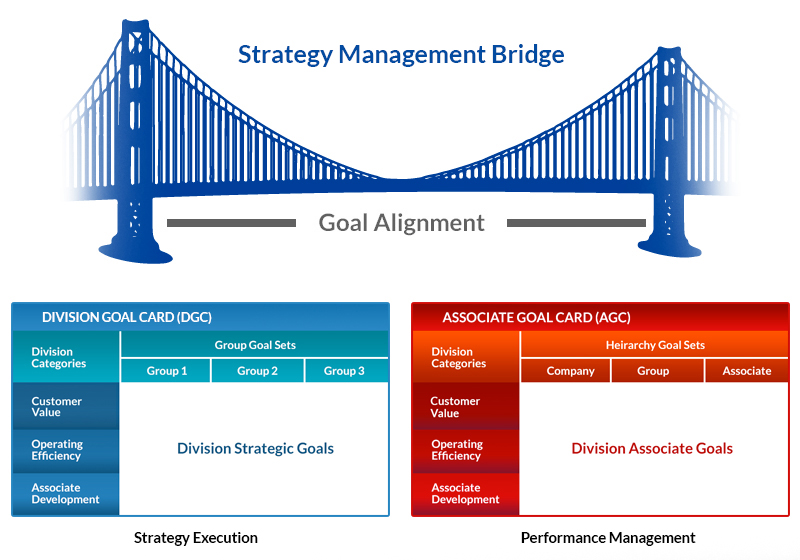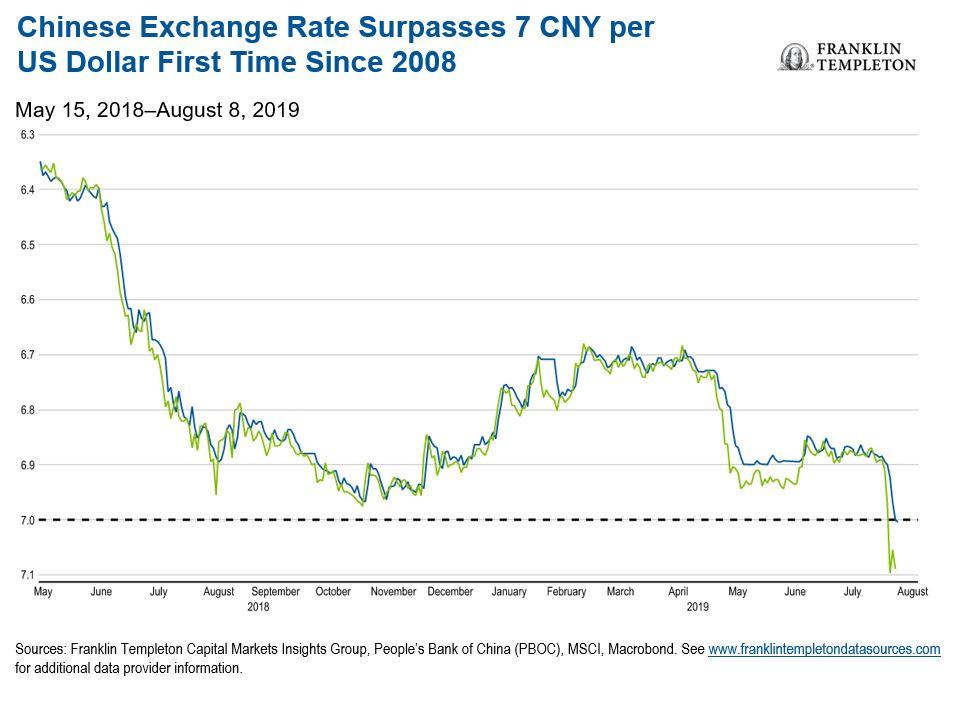The Value Of Middle Managers: Bridging The Gap Between Leadership And Employees

Table of Contents
The Critical Role of Middle Managers in Communication and Information Flow
Effective communication is the lifeblood of any successful organization, and middle managers play a pivotal role in ensuring its smooth flow. They act as a crucial conduit, translating top-down directives from senior leadership into actionable steps for their teams. Simultaneously, they gather feedback and concerns from employees, providing valuable insights to upper management. This bidirectional communication is vital for organizational health. Without effective middle management, information can become distorted or lost in translation, leading to decreased efficiency and employee dissatisfaction.
- Effectively communicate strategic goals and expectations from senior leadership to teams: Middle managers break down complex strategies into manageable tasks, ensuring everyone understands their role in achieving overall objectives.
- Gather and synthesize feedback from employees to inform strategic decision-making: They act as a sounding board for employee concerns, identifying potential roadblocks and suggesting improvements to leadership. This upward communication ensures that decisions are informed and relevant.
- Identify and address communication breakdowns between different levels of the organization: They act as problem-solvers, detecting and resolving communication bottlenecks to ensure information flows smoothly.
- Ensure consistent and transparent communication across all teams: They maintain a consistent message, reducing confusion and promoting a unified organizational culture.
Middle Managers as Champions of Employee Engagement and Motivation
Highly engaged employees are more productive, innovative, and committed to their organization's success. Middle managers are directly responsible for fostering this engagement within their teams. Through mentorship, coaching, and creating a positive work environment, they significantly impact employee morale, motivation, and retention. Their ability to build strong relationships and provide regular feedback is crucial for driving individual and team performance.
- Provide regular feedback and recognition to team members: This builds confidence and reinforces positive behaviors, driving improved performance.
- Build strong relationships with team members to foster trust and collaboration: A supportive and trusting environment encourages open communication and teamwork.
- Identify and address employee concerns and challenges proactively: By addressing issues quickly and effectively, middle managers prevent small problems from escalating into larger issues.
- Promote a positive and supportive work culture within their teams: This includes fostering inclusivity, celebrating successes, and creating a sense of belonging.
- Mentor and develop junior team members, contributing to talent development within the organization: This investment in human capital benefits both the individual employees and the organization as a whole.
Driving Strategic Execution and Achieving Organizational Goals through Middle Management
Middle managers are not just communicators and motivators; they are the engine room of strategic execution. They translate high-level organizational strategies into actionable plans for their teams, setting clear goals and monitoring progress. They hold their teams accountable for achieving results, ensuring that organizational objectives are met efficiently and effectively. This operational efficiency is vital for organizational success.
- Develop and implement action plans to achieve departmental and organizational objectives: They create clear roadmaps for their teams to follow, ensuring everyone is working towards the same goals.
- Monitor team performance and identify areas for improvement: Regular performance reviews and progress tracking allow them to identify potential problems and make necessary adjustments.
- Provide coaching and support to help team members overcome challenges: They act as mentors, providing guidance and support to help their teams achieve their full potential.
- Ensure adherence to organizational policies and procedures: This ensures consistent operations and minimizes the risk of errors or non-compliance.
- Track key performance indicators (KPIs) and report progress to senior management: This provides valuable data for strategic decision-making and allows for adjustments to plans as needed.
Conclusion
In conclusion, the significant contributions of effective middle managers to organizational success cannot be overstated. Their role in communication, employee engagement, and strategic execution is vital for driving productivity, innovation, and achieving organizational goals. Investing in your middle managers is investing in the future success of your organization. Unlock the true potential of your organization by empowering and supporting your middle management team, recognizing the invaluable role of middle management in driving organizational success.

Featured Posts
-
 Brewers Shatter 33 Year Old Record With 9 Stolen Bases
Apr 23, 2025
Brewers Shatter 33 Year Old Record With 9 Stolen Bases
Apr 23, 2025 -
 American Whiskey Showdown 2025s Best According To The Whiskey Wash
Apr 23, 2025
American Whiskey Showdown 2025s Best According To The Whiskey Wash
Apr 23, 2025 -
 Hegseth Accuses Leaked Information Of Sabotaging Trumps Agenda
Apr 23, 2025
Hegseth Accuses Leaked Information Of Sabotaging Trumps Agenda
Apr 23, 2025 -
 Chinas Shift From Us To Canadian Oil Amidst Trade Tensions
Apr 23, 2025
Chinas Shift From Us To Canadian Oil Amidst Trade Tensions
Apr 23, 2025 -
 Three Straight 1 0 Losses For The Reds Analyzing The Trend
Apr 23, 2025
Three Straight 1 0 Losses For The Reds Analyzing The Trend
Apr 23, 2025
